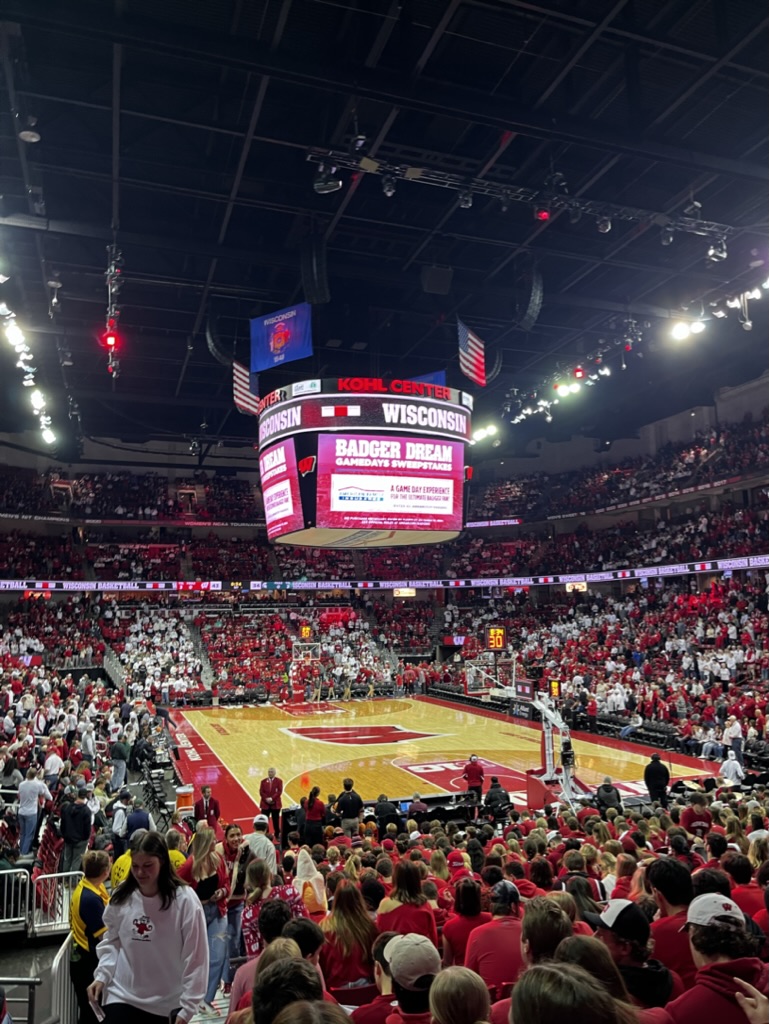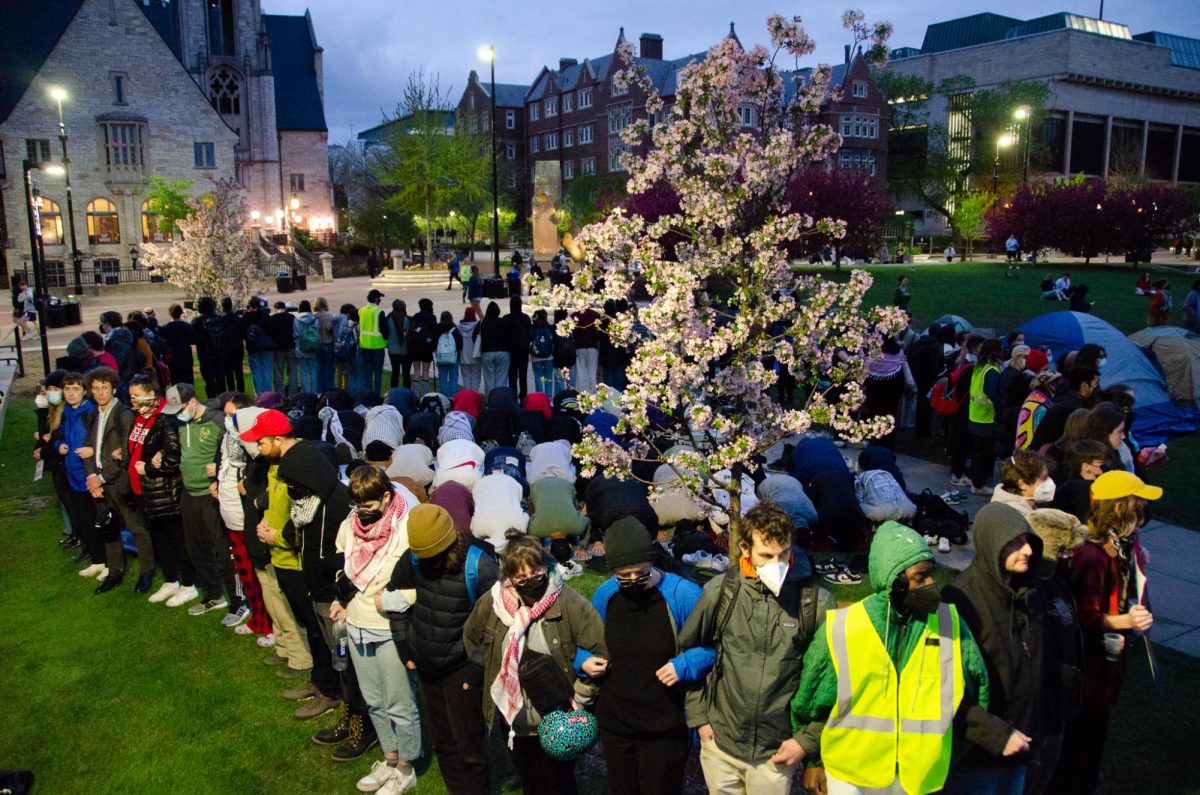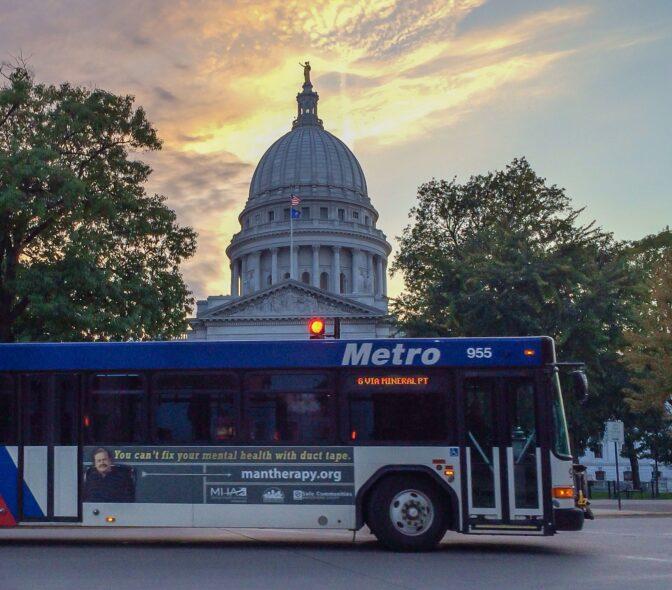The United States Department of Education opened an investigation into the Creando Comunidad: Community Engaged BIPOC Fellows, a fellowship program for students of color at the University of Wisconsin after a group called the Equal Protection Project filed a complaint that the program violates the 14th Amendment, as it is not open to white students, according to Wisconsin Public Radio.
Race-based scholarship and fellowship programs, especially the Creando Comunidad: Community Engaged BIPOC Fellows program, should continue to exist to support students from underrepresented ethnic and racial groups in achieving their educational goals.
The Equal Protection Project is an organization that typically targets race-conscious scholarships, grants or other financial assistance programs according to Wisconsin Public Radio. They filed this complaint in January 2024, thus why the Department of Education is currently investigating the fellowship program.
Offered through the Morgridge Center for Public Service, the program is intended to connect students of color with one another and empower them in their undergraduate studies. Students who are accepted into this fellowship program receive $500, must attend seven 90-minute cohort meetings, present work based on community engagement at the Wisconsin Idea Conference and have one meeting with a program leader each semester.
Based on this description, it is quite clear this program is less of a scholarship program and more of a personal development program. Additionally, the 2023-2024 school year was the first year this program was intended to run, yet it is already facing these issues with the Department of Education who seek to determine if the fellowship program conflicts with the Civil Rights Act.
This investigation is coming on the heels of a Supreme Court decision this past summer which put an end to colleges and universities considering race as a factor in admissions, claiming these activities conflicted with the 14th Amendment. The Equal Protection Project cited this decision in their complaint for this UW program, stating because this program considers race and does not offer this scholarship to white students, it is in violation of the 14th Amendment according to WPR.
While these programs have been under attack for the past months and even years, they are necessary to support undergraduate students of color. In particular, this program at UW is incredibly important as it not just provides financial aid for students, but it allows them to form a community and feel supported by mentors, something that can be incredibly difficult for students who attend a predominantly white institution like UW.
A PWI is defined as a college, university or other institution of higher learning in which the percentage of students who identify as white is over 50%. At UW it is estimated that 62.6% of the enrolled student population is white, 7.75% are Asian, 6.64% are Hispanic, 2.32% are Black, 0.251% are American Indian or Alaskan Native, 0.0659% are Native Hawaiian or Pacific Islanders and 3.78% are two or more races according to Data USA.
Clearly UW is predominantly white and some of the student racial demographics at UW are so small that for some of these students it could be incredibly difficult to find people with a similar background to them — someone who understands them on a more personal level, sharing cultural or ethnic experiences.
Additionally, students of color are more likely to face various challenges when enrolling in college, both financially and otherwise. More than half of Native, Black, Pacific Islander and Hispanic college graduates are first-generation students compared to just over a third of Asian and white graduates, according to The Chronicle of Higher Education. This means these students may have a tougher time figuring out how to fill out financial aid forms and college applications as they don’t have anyone in their family who can help them out.
These first generation students also typically have a harder time finding a job post-graduation as they are less connected than their other peers, according to The Chronicle of Higher Education. This is another reason why programs especially like the Creando Comunidad: Community Engaged BIPOC Fellows program at UW are important for students of color — it can help them network with peers and mentors they may not have otherwise interacted with.
Related to finances, students of color are more likely to graduate with student debt, specifically Black students of which 27% of Black bachelors degree recipients had a student loan debt of $30,500 or higher. Students of color are also more likely to rely on other forms of financial aid like the Pell Grant which has been facing cuts and are more frequently taking out private loans which can threaten their future financial success according to Cap 20. This makes private or school scholarships incredibly important for these students, as it can help them pay for their education and avoid hefty student debt totals.
Essentially, these programs, especially fellowship or mentorship programs that connect students of color to a community like the Creando Comunidad: Community Engaged BIPOC Fellows program, are incredibly important to the success of undergraduate students of color. As for if these programs violate the 14th Amendment, that’s a wider discussion, and who’s answer is likely rooted in complicated case law and nitpicky legal discussions.
But, for the support and community these programs bring to students of color who may otherwise struggle, they should remain and continue to provide opportunities for these students who want to pursue higher education opportunities.
Emily Otten ([email protected]) is a senior studying journalism.

















